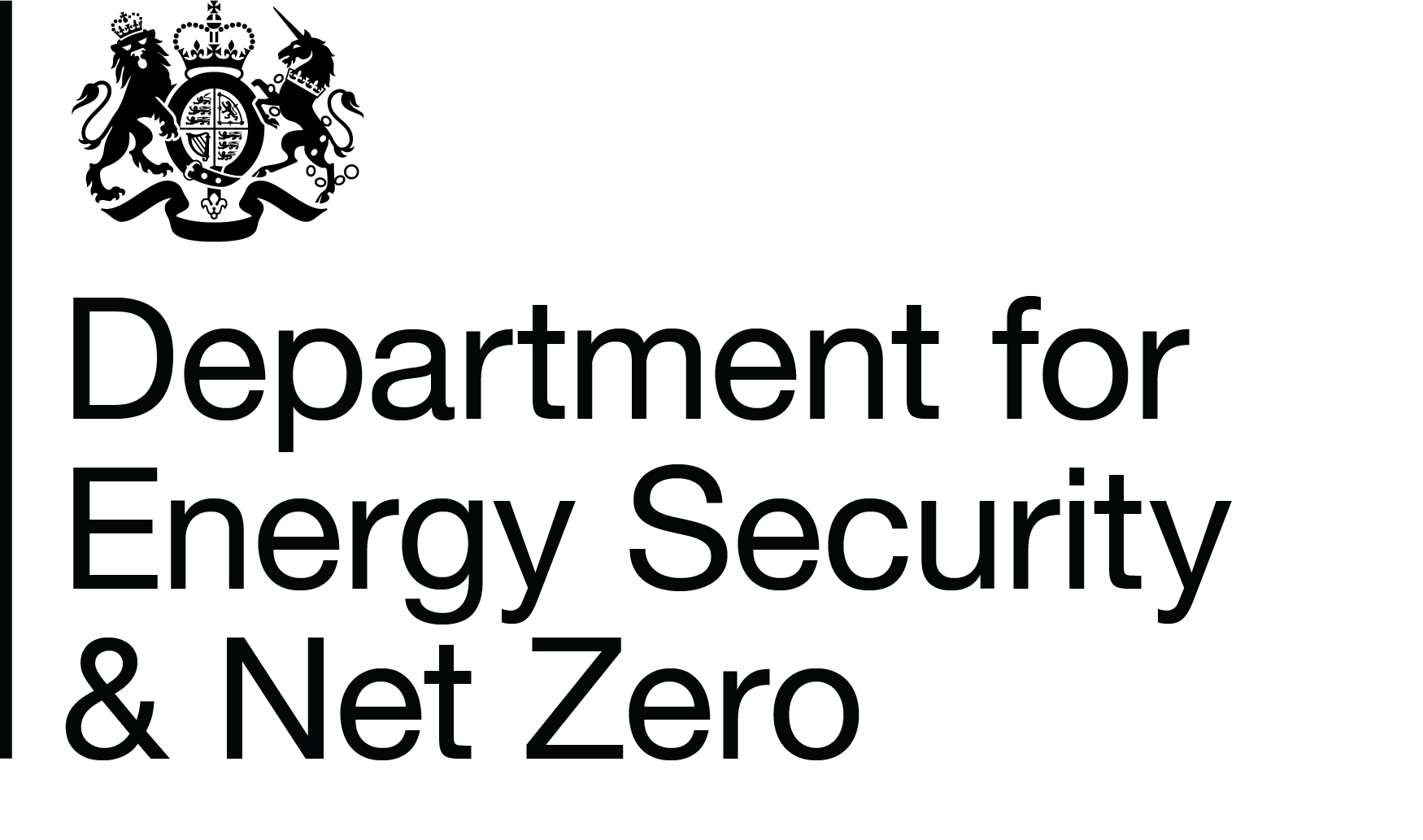UK Internal Market: the continuity of exclusions from the principles of mutual recognition and non-discrimination for services
Overview
We have extended the consultation period until 7 May 2021.
The purpose of the UK Internal Market Act 2020 is to allow people and businesses to work and trade freely across the whole of the UK after leaving the European Union (EU).
It establishes 2 UK market access principles to protect the flow of goods and services in our home market:
- the principle of mutual recognition
- the principle of non-discrimination
The consultation seeks information and views on:
- any current cases in which the requirement to recognise authorisations issued by a regulator in another part of the UK is disapplied under the Provision of Services Regulations 2009 (‘the 2009 Regulations’);
- why it may be appropriate to formalise such instances under the UKIM Act in the form of specific exclusions from the mutual recognition principle under Schedule 2. If there are no reasons for these instances to be formalised, they will not be included in the list of exclusions under the UKIM Act;
- why any current derogation under the 2009 Regulations should not be added to the exclusions lists;
- how the exclusions list at Schedule 2, derived from the 2009 Regulations could be amended to reflect the fact that the UK has now left the European Union; and
- any other ways that the UK's internal market for services could be further enhanced.
We will use the evidence you provide when developing the list of the relevant services, authorisation requirements and regulatory requirements excluded from the mutual recognition and non-discrimination principles.
Audiences
- Biotechnology companies
- Business journalists
- Businesses
- Central government
- Charities and Third Sector organisations
- Civil Society Organisations
- Consumer organisations
- Consumers
- Consumers
- Finance
- Freelance researchers
- Further Education sector representative body
- General public
- HE representative bodies
- Higher Education institutions
- HR organisations
- Individual
- Innovation community
- Investment
- Large businesses (over 250 staff)
- Medium business (50 to 250 staff)
- Micro business (up to 9 staff)
- Multinational businesses
- National Academies
- Non-departmental public bodies
- Non-Government Organisations
- Regulator
- Research Councils
- Research Funders
- Researchers
- Science Policy organisations and thinktanks
- Small business (10 to 49 staff)
- SMEs (small and medium businesses)
- Technology (R&D)
- The Devolved Administrations
- Thinktanks
- Trade bodies
- Universities
Interests
- Business investment
- Evaluation
- Higher Education
- Research
- Starting a business
- University

Share
Share on Twitter Share on Facebook